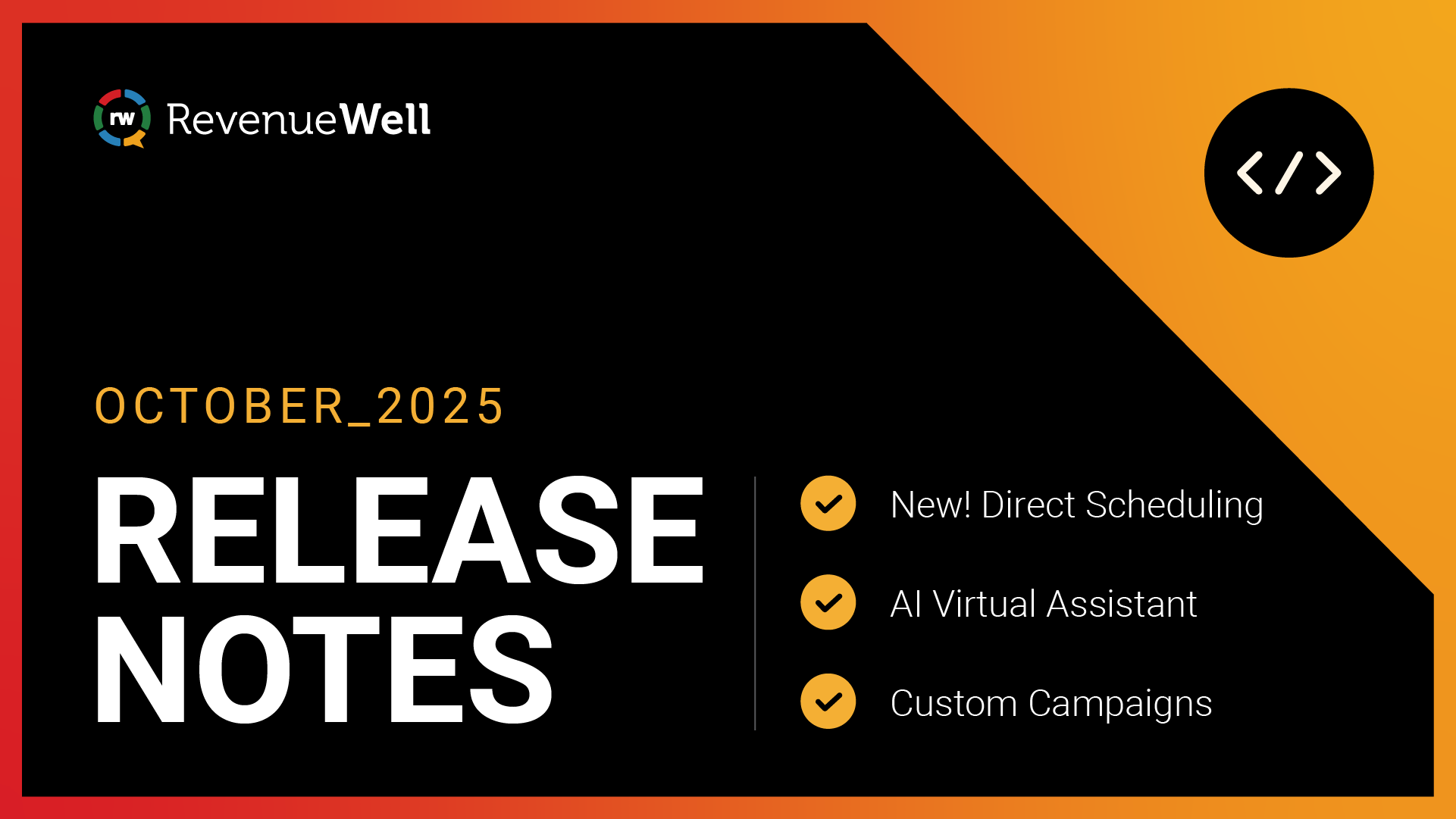Guide to PPC Advertising for Oral Surgeons

Pay-per-click (PPC) advertising is a powerful digital marketing tool that can help oral surgeons attract new patients and grow their practice. Unlike traditional advertising, PPC allows you to target specific demographics, track performance, and optimize your ads for better results. This guide will walk you through the basics of PPC advertising, how it can benefit your practice, and best practices for creating effective campaigns.
1. Understanding PPC Advertising
PPC advertising involves placing ads on platforms like Google, Bing, and social media sites where you pay each time someone clicks on your ad. The most popular form of PPC advertising is Google Ads, where your ads appear on the search engine results page (SERP) when users search for relevant keywords.
Key Terms:
- Keywords: Words or phrases that trigger your ad.
- Ad Rank: Determines the position of your ad, based on your bid, ad quality, and relevance.
- Quality Score: A measure of the quality and relevance of your ad, keywords, and landing page.
- CPC (Cost Per Click): The amount you pay for each click on your ad.
2. Benefits of PPC for Oral Surgeons
- Targeted Advertising: Reach potential patients searching for specific dental procedures like wisdom teeth extraction, dental implants, or oral surgery.
- Cost-Effective: You only pay when someone clicks on your ad, making it easier to control your advertising budget.
- Measurable Results: Track conversions, clicks, and impressions to measure the effectiveness of your campaigns.
- Quick Results: Unlike SEO, PPC can generate immediate visibility and traffic.
3. Setting Up a PPC Campaign
Step 1: Define Your Goals
Identify what you want to achieve with your PPC campaign. Common goals for oral surgeons include increasing appointment bookings, promoting specific services, or building brand awareness.
Step 2: Choose the Right Keywords
Use keyword research tools like Google Keyword Planner to find relevant keywords for your practice. Consider targeting keywords related to specific procedures (e.g., "dental implants near me"), location-based keywords (e.g., "oral surgeon in [city]"), and long-tail keywords (e.g., "best oral surgeon for wisdom teeth removal").
Step 3: Create Compelling Ads
Write ads that are clear, concise, and persuasive. Highlight your unique selling points, such as specialized training, patient testimonials, or advanced technology. Include a strong call-to-action (CTA) encouraging users to book a consultation, call your office, or visit your website.
Step 4: Set a Budget and Bidding Strategy
Decide how much you are willing to spend on your PPC campaign. You can set a daily budget and choose a bidding strategy, such as manual CPC or automated bidding, to maximize your ad spend.
Step 5: Design a Landing Page
Create a dedicated landing page for each ad campaign, focusing on a specific service or offer. Ensure the landing page is mobile-friendly, has a clear CTA, and provides relevant information to encourage conversions.
4. Optimizing Your PPC Campaign
Monitor and Analyze Performance
Regularly review your campaign metrics, including click-through rates (CTR), conversion rates, and cost per conversion. Use this data to identify areas for improvement.
A/B Testing
Test different ad variations, including headlines, descriptions, and CTAs, to see what resonates best with your audience. A/B testing can also be applied to landing pages to improve conversion rates.
Refine Keywords and Targeting
Continuously refine your keyword list based on performance data. Exclude low-performing keywords and focus on high-converting ones. Consider using negative keywords to prevent your ads from showing for irrelevant searches.
Ad Scheduling and Geo-Targeting
Schedule your ads to run during the times your target audience is most likely to search for dental services. Use geo-targeting to focus on specific locations where you want to attract patients.
5. Compliance and Ethical Considerations
Ensure your ads comply with the advertising policies of the platforms you use. Avoid making misleading claims and adhere to local regulations regarding medical advertising. Be transparent about your qualifications and the services you offer.
6. Conclusion
PPC advertising can be a highly effective way for oral surgeons to reach new patients and grow their practice. By understanding the fundamentals of PPC, setting clear goals, and continuously optimizing your campaigns, you can achieve better visibility and attract more qualified leads.
There is a considerable amount of effort and knowledge that goes into running effective PPC campaigns, so if your practice doesn’t have someone in-house dedicated to ensuring your ads are running smoothly, you might want to consider utilizing an outside marketing agency. Because the dental industry is so competitive, make sure you vet potential agencies to ensure whichever you choose understands the complexities of the industry.
To learn more about RevenueWell PPC services, click here.



